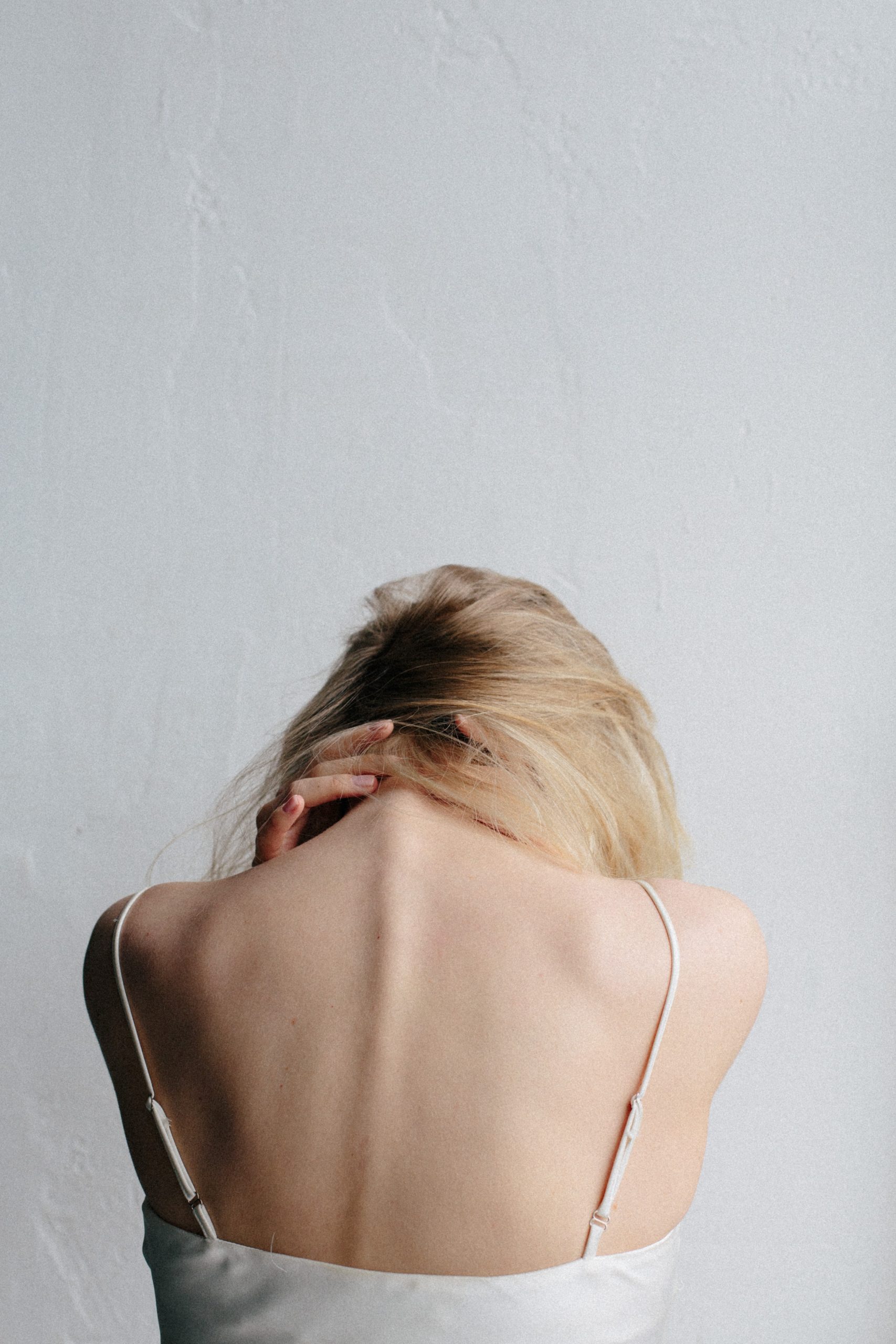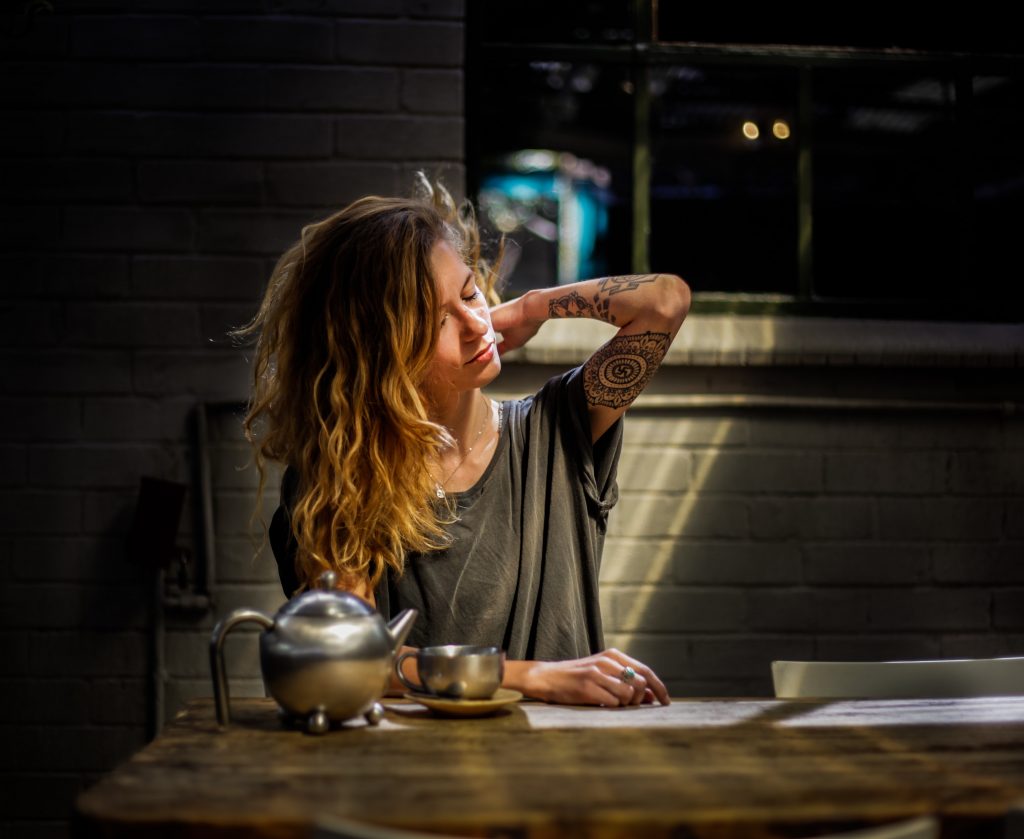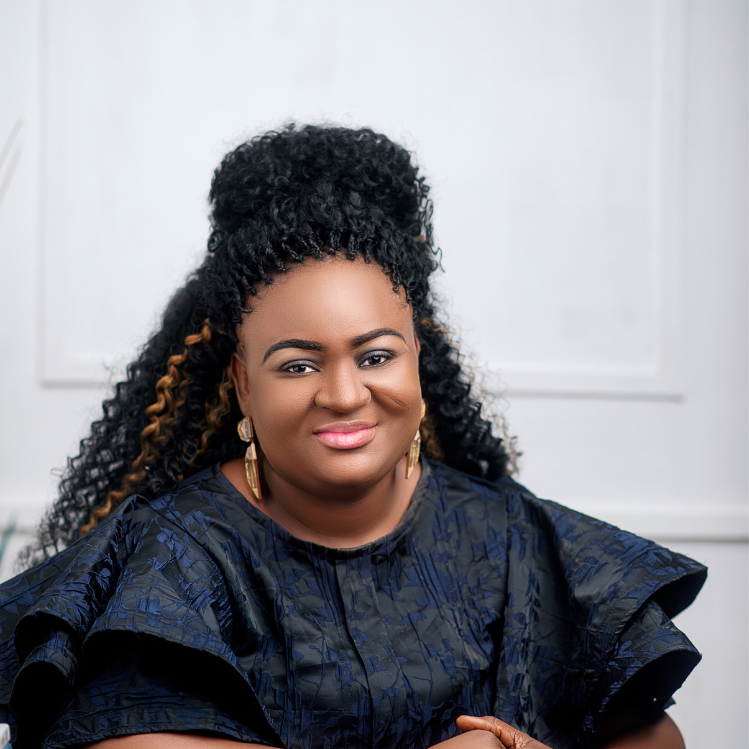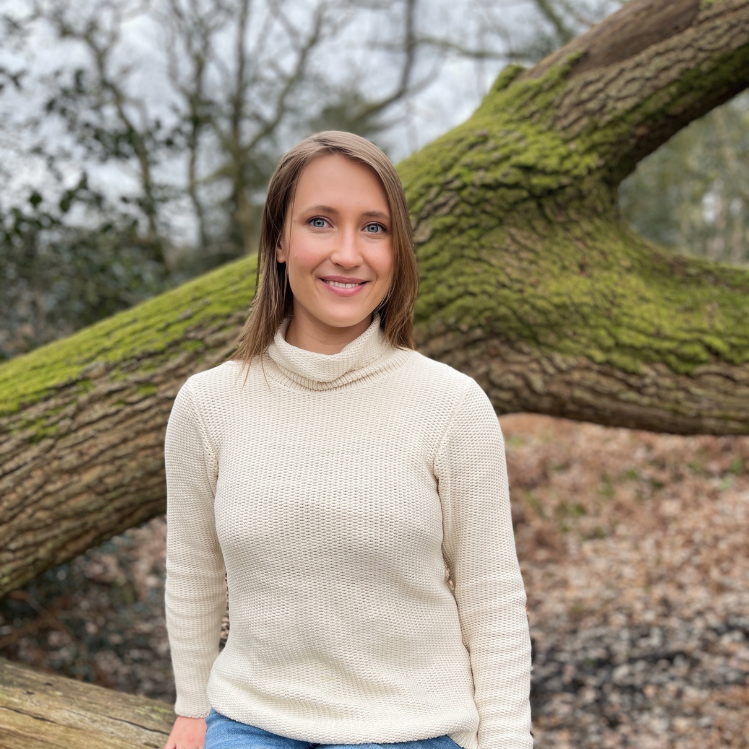
Half of Menopausal Women Suffering Chronic Pain Due to Aching Joints and Muscles
Deep Relief report offers expert self-care tips for managing pain without pills. A new real world poll carried out for Deep Relief – the topical pain specialists – reveals 39% of us have struggled through chronic pain (described as pain lasting more than 12 weeks).[1]This jumps to almost half (48%) for menopausal women living a life interrupted by pain.
GP, Dr Gill Jenkins says, “These alarming poll results align with current research including a large-scale review published in the British Medical Journal, involving nearly 140,000 UK participants, which found that chronic pain affects more than four in 10 people[2]. This is particularly worrying when you look at the effect pain is having on our ability to get on with life, with 40% of poll respondents saying pain has stopped them from achieving their potential.”
This was even more evident for menopausal women in the research carried out by Deep Relief. Facing hormonal and lifestyle changes – 47% were left feeling that pain has stopped them reaching their potential.
Hitting us where it hurts
Certain key areas of the body come under fire more than others, according to the new Deep Relief research. The findings highlight a range of pain hotspots that can be so severe as to stop menopausal women from enjoying their favourite pastimes or getting a decent night’s sleep:
- Lower back – 32%
- Knee – 19%
- Hand/finger – 17%
- Shoulder – 15%
- Upper back – 12%
Others still said they experience pain in the neck (12%), leg (11%), wrist (10%), and foot (6%).
Affecting more than just our physical health
Besides physical discomfort, the survey data reveals a number of ways pain can affect daily life and wellbeing. Muscle or joint pain has stopped menopausal survey respondents from carrying out a range of essential everyday activities, including:
- Sleeping – 38%
- Walking – 32%
- Exercising – 30%
Overall, two-thirds of menopausal women’s (66%) had been stopped from undertaking their favourite pastimes due to aches and pains – compared to less than half (46%) of non-menopausal women and post-menopausal women (49%).
Shockingly, menopausal women were 93% more likely to have been stopped by joint or muscle pain from attending social occasions – compared to non-menopausal women. They were also more likely to have been stopped by the pain from meeting friends (60%), sleeping (44%), going on holiday (42%), going to work (34%) or walking (33%).

Go-to self-care solutions
One of the most popular solutions is to rest – with a third of those in the menopause managing joint or muscle pain by putting their feet up. However, as Dr Jenkins points out: “While resting is an appropriate response to acute pain or injury, it’s not a long-term solution and neither does it address the root causes of muscle and joint pain, which stop many of us doing the things we love”.
When it comes to tackling stiffness, menopausal women used a range of options to deal with their creaking joints and tight muscles, including:
- Having a bath 44%
- Taking oral painkillers 36%
- Resting 33%
- Stretching exercises 28%
With respondents having their own ideas about how to deal with musculoskeletal woes, the Deep Relief report – also shares what the experts have to say on the matter highlighting how we can better deal with pain angst. The report’s top self-care tips include:
Relieve anxiety and stress
Stress can have a knock-on effect on muscular tension. Personal Trainer Chris Ruxton recommends gentle mobilisation, such as a Rag Doll stretch, to release upper body tension. He says: “Stand up with your arms stretched above your head, then grasp each elbow and flop forwards like a rag doll, keeping your knees slightly bent. Sway gently from side to side while folded forward. Repeat 8 to 10 times, breathing in as you stretch up, and out as you flop down.”
Hang on to your hobbies
Hobbies are important for staying active and keeping our brains engaged as we age. So, it’s important to stop pain getting in the way of our favourite pastimes. GP Dr Gill Jenkins says:“Topical therapies like the Deep Relief and the Deep Relief Actiflex Patch help provide targeted soothing relief and can be used regularly and long-term to self-manage joint and muscle soreness. The benefit of topical therapies is that they are always on hand, don’t need a prescription and help you get back to doing the things you love.”
Maximise your movements
Keeping active helps us maintain well lubricated joints and healthy muscles. Chris has an important message about strength training: “Everyone can benefit from resistance exercises, regardless of age or fitness. Strength work helps to maintain muscle mass and core stability which are the foundations of good posture. The deadlift is a fantastic all-round exercise – and it’s a myth that it’s only for weightlifters.”
Get out of the right side of bed
Dr Jenkins advises getting to the root cause of particular sleeping problems by tackling pain, improving general mobility by ensuring that we don’t sit for too long. Dr Jenkins says: “Pain and sleep issues can become a downward spiral. The cycle needs to be broken, so even if you’re feeling tired and depressed, try to keep moving and maintain a good posture.” Topical muscle and joint relief like the Deep Relief Actiflex Patch is a simple way to target localised soreness that can be used overnight.
Ease into exercise
With 34% of menopausal women polled saying they wouldn’t bother with a warmup before exercising, Personal Trainer Chris says this needs to change: “Taking 5-10 minutes a few times a day to stretch as part of your normal routine can make a real difference to your joint mobility and help to release areas of tension and pain. I would recommend 8 leg swings on each side, 8 squats, and 8 good mornings, repeating until your 5 minutes are up.”





